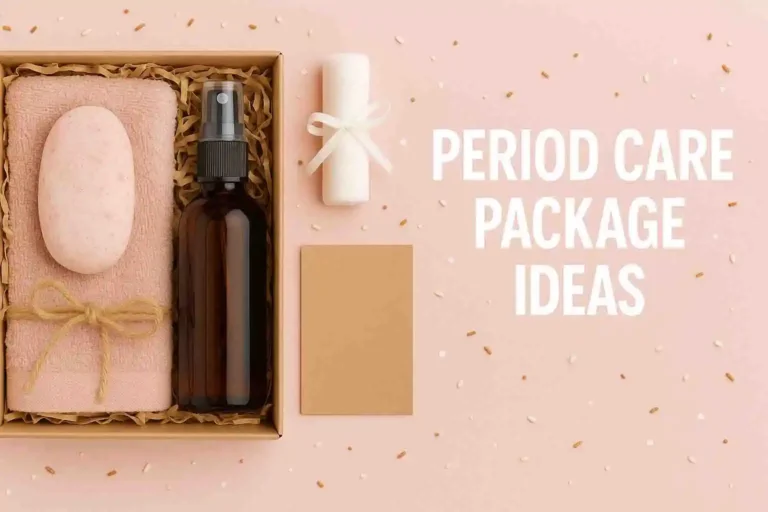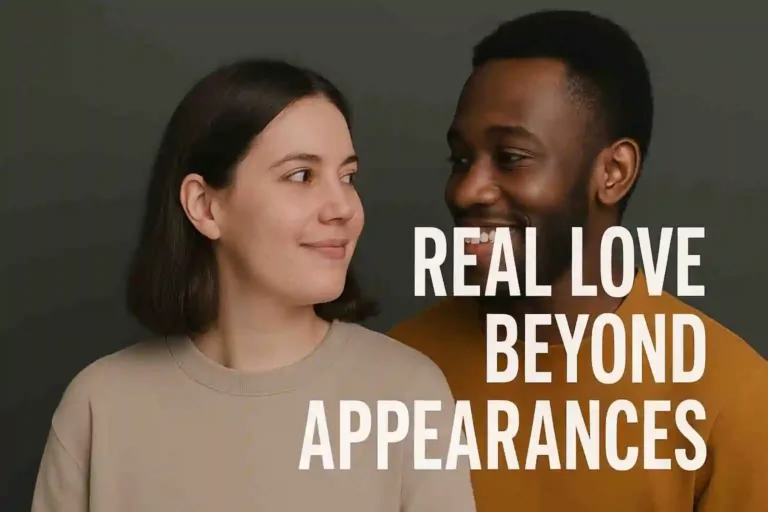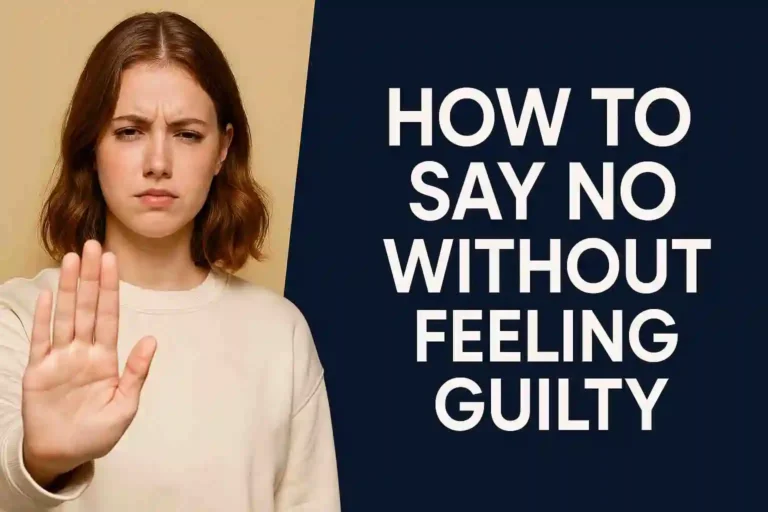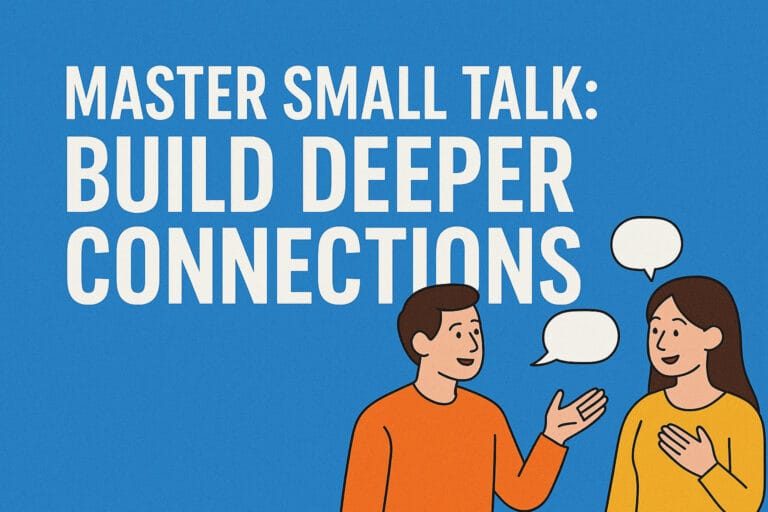Always Apologizing in Relationships? Here’s Why That’s a Red Flag
How to Stop the Over-Apologizing Habit
Here’s what you can do starting today:
1. Pause Before You Apologize
Ask yourself:
- Did I actually do something wrong?
- Am I apologizing out of guilt or fear?
- Is this a pattern I keep repeating?
If the answer is no, don’t apologize. Respond with a calm statement like:
I understand you’re upset, but I don’t think I did anything wrong.
2. Start Using Assertive Language
Assertive doesn’t mean rude. It means clear and respectful. Use phrases like:
- I feel hurt when…
- I need some space to think about this.
- That doesn’t work for me.
3. Set Emotional Boundaries
Boundaries protect your peace. You are not responsible for managing everyone else’s emotions.
Example:
If someone blames you for their bad mood, say:
I care about you, but I can’t be your emotional punching bag.
4. Stop Apologizing for These Things
- Your feelings
- Asking for help
- Taking time for yourself
- Saying no
- Not replying immediately
- Setting boundaries
5. Surround Yourself with Emotionally Healthy People
When you’re around people who respect your boundaries, you won’t feel the need to keep apologizing. Look for healthy relationship dynamics where both people take accountability.
Want more exclusive updates like this?
Final Thoughts: You Deserve Emotional Respect
If you’re always apologizing in relationships, know that you deserve better. Love should never feel one-sided or filled with guilt. It should bring peace, not constant pressure to say sorry.
High-value partners don’t want someone who always says sorry. They want someone who respects themselves.
And when you do that — when you stop over-apologizing — you invite the kind of love that sees you, values you, and shows up for you equally.
Share your favorite moments with us on Instagram!
Don’t keep this to yourself—share it with a friend!





















